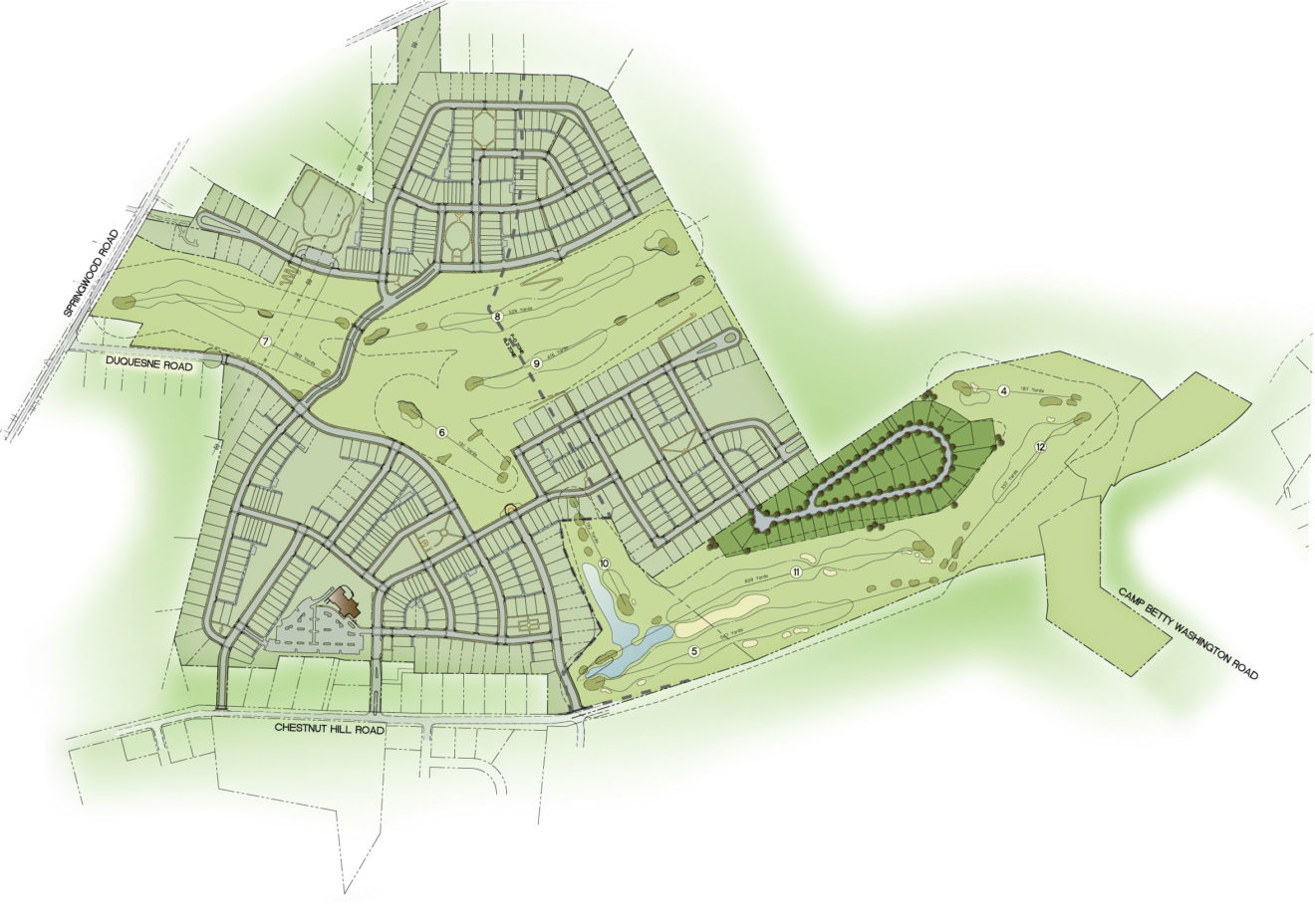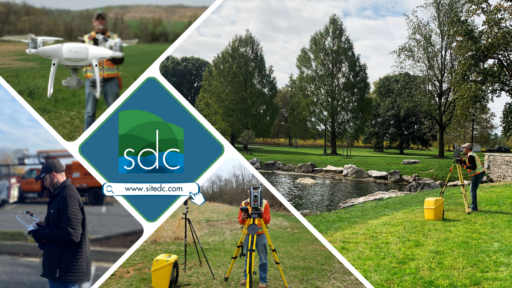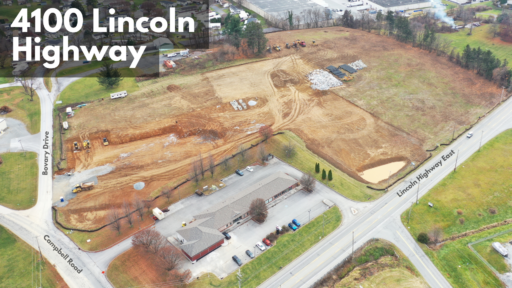Posted
Categories
Learning
Site selection is usually the first stage of the land development process. Many factors go into site selection including location, costs, and timeline. Determining if a potential site will work for a developer’s project often requires a comprehensive feasibility study. For this reason, performing a feasibility study is the initial step of the design and construction process. This initial step should be performed during the site selection process to determine if a site is suitable to meet the needs and expectations of the client. Basically, the feasibility study, when done at this stage, will let the developer know if the project site will work financially, with regulatory approvals, and with the developer’s time frame.
Feasibility studies are recommended before a developer finalizes the purchase of a property, a due diligence period, because they can bring to light issues that may increase costs to the point of making a project economically infeasible. For example, at times low-priced land may be significantly costlier to develop than its high-priced counterparts. Generally, a feasibility study will end up being just a small percentage of overall project costs and can usually tell you a great deal about a project, which allows the land developer to make a truly informed decision.
Feasibility studies can also be a great marketing tool and can reduce your due diligence period. If your project needs funding or presented to a committee before final approval, a feasibility study can work as an excellent tool to present your ideas, and can also educate others on what to realistically expect during the land development process. However, feasibility studies aren’t just for huge developments, they are recommended to anyone looking to purchase a site for a specific purpose.
Comprehensive feasibility studies are just that — comprehensive. They look at all aspects of the development of the site from zoning, sewage and water capacity, property size, dimensional requirements needed, environmentally sensitive areas, site topography, and more. These studies will often review client needs and expectations with government ordinances to determine if the site is feasible and if not, what it would take to make the site feasible. This can require discussing zoning special exceptions, variances, or even rezoning the property. Feasibility studies are also useful because it allows the design team (usually engineers, architects, and general contractors) to be engaged up front so the entire team can help to identify potential issues. Comprehensive studies also will research upcoming infrastructure changes and can help to identify how these upcoming changes may affect the potential site.
For example, a client wanted to expand their existing facility and had hired an architect to design a “simple” expansion. After initial exploratory work, SDC had found that a major improvement to the adjacent roadway was proposed and their accesses were slated to be negatively impacted. We found that the adjacent signalized intersection would play a major role in future traffic movements. The client decided to move forward with a new facility to capitalize on the proposed roadway improvements rather than move forward with design and approvals of an expansion that would be obsolete within five years.
SDC has also had multiple sites where the client wanted to move forward with the design process and the feasibility study concluded that the property was connected to a sanitary sewer main that was under capacity. The local authority had placed a moratorium on connections until the line was upgraded. To this day, the line has not been upgraded due to negotiations between municipal entities. If the clients would have purchased these sites, their development projects would likely still be on hold, typing up substantial capital.
Examples like these clearly illustrate the value that a comprehensive feasibility study can provide to a project. The nominal up-front fee can save time, money, and sanity throughout the design, approval, and construction process.
However, it must be noted that many firms do not possess the expertise required to provide a fully comprehensive feasibility study as many studies go beyond strictly design and engineering. SDC brings years of experience in comprehensive feasibility studies to every project as well as relationships with local regulatory officials.
As land development consultants, we strive to walk every client through the process on schedule, and on budget. By conducting a feasibility study in the beginning stages, the client has an unsurpassed understanding of what the land development process will require, including feedback from regulatory officials. Feasibility studies can provide invaluable insight into any project and are highly recommended to any land developer. As they say, knowledge is power and the knowledge one can attain from a comprehensive study will give one the power to make a truly informed decision regarding a site.





Share